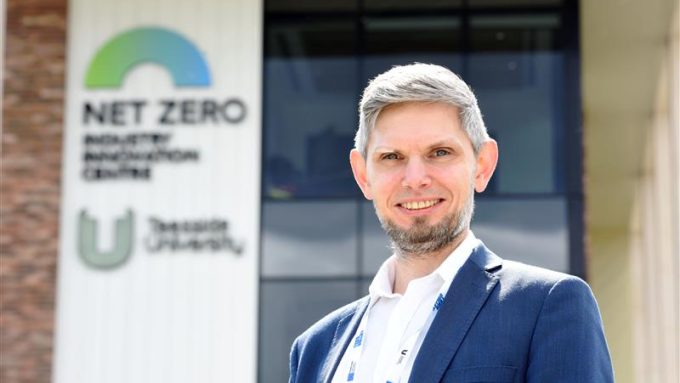
Projects and people celebrated in annual transport programme awards

“Successful innovation is not just about having a brilliant idea, but is about the work that goes into it too,” remarked Professor Sarah Sharples, the Department for Transport’s Chief Scientific Adviser, to a TRIG showcase last month.
Sarah handed out five awards recognising schemes and individuals who have shown great potential during the last year. Here is a rundown of who won:
Award for Outstanding Project Delivery (Business-led project):
Parking Perspectives – led by Andrew Potter, Director. Region: East of England


Award for Outstanding Project Delivery (Academic-led project):
University of Nottingham – led by Anand Sreeram, Assistant Professor in Transportation Engineering. Region: East Midlands
Award for the Project with the Best Growth Potential:
Orchy MG – led by Garance Locatelli and Mark Smith, Co-founders. Region: Scotland


Award for Most Innovative (Proven) Idea:
Vox Aeris – led by Selene Sari, Founder and Chief Executive. Region: Greater London
Award for Inspirational Leadership:
Dorian Isaacson, Founder, Streetwise Technology. Region: South East

Sarah Sharples earlier described the TRIG programme as “the jewel in the crown of the DfT’s innovation portfolio” which helps to deliver growth for the UK. “The reason we need so much innovation in transport, is that transport is undergoing so much change,” she explained.
“Transport in 2035 will be different to transport today and we are having to transform everything. TRIG is an important part of that goal.”Professor Sarah Sharples, the Department for Transport’s Chief Scientific Adviser
Sarah said that changes include a transition to future fuels, a need to improve infrastructure maintenance, and adapting to the requirements of an ageing population. Some innovations also reduce risk and improve safety.
Innovation is not always easy, and the programme allows entrepreneurs to develop their concepts and to ‘fail fast’ in a supportive environment. But as Sarah pointed out, there are “remarkably few absolute failures” among participants in the programme. Sometimes innovators may use the evidence of TRIG to change direction, she said, but very often TRIG “offers that proving ground to take early concept ideas through to bigger things, and external capital to grow those organisations”.
The programme provides participants not only with a grant, but the opportunity to become “immersed in the company of others” and to help one another, she added.
Find out more about TRIG.





